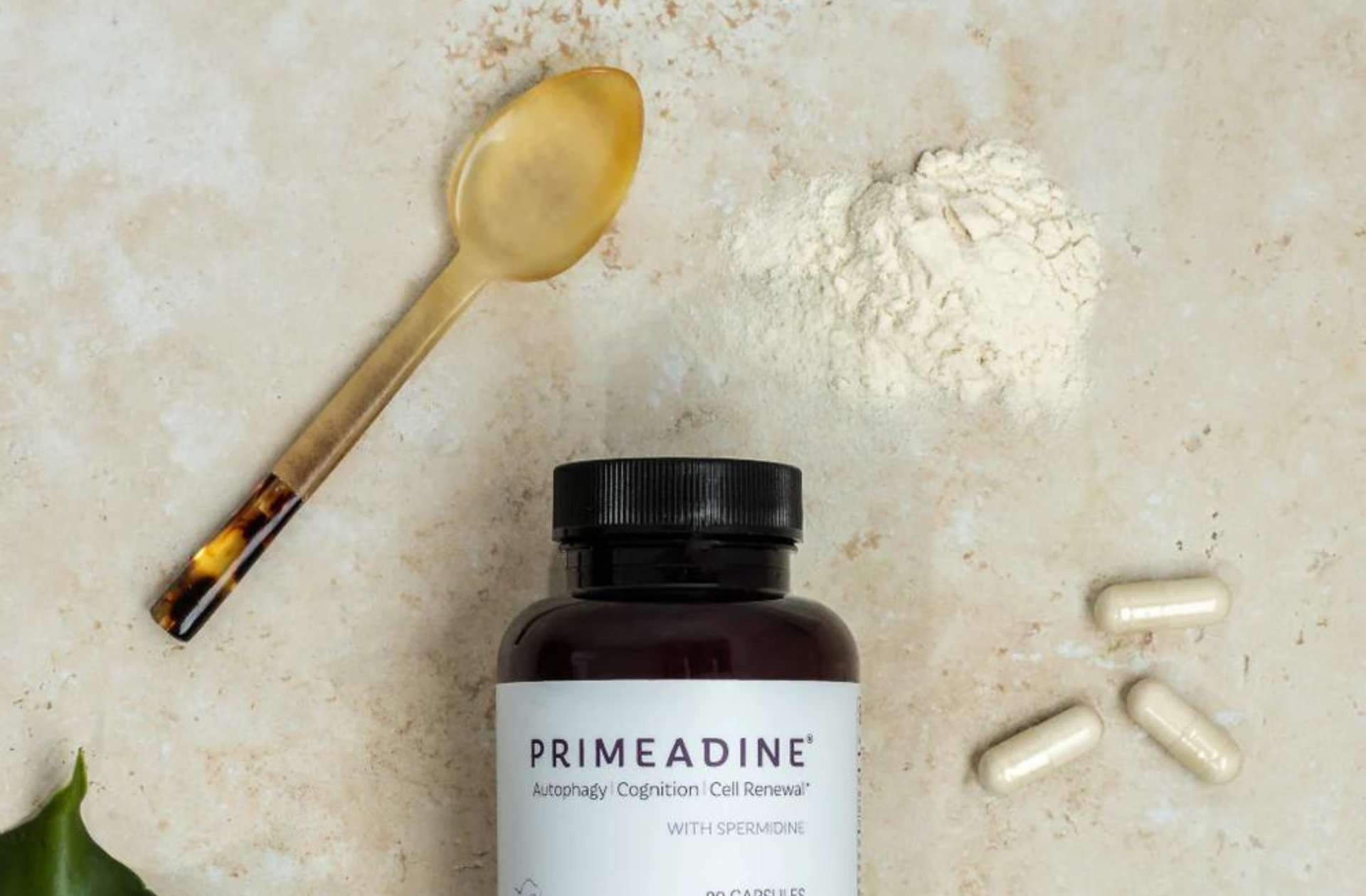Spermidine is a naturally occurring polyamine compound found in ribosomes and living tissues. It plays a crucial role in cellular function and has gained attention for its potential health benefits, including anti-aging properties, cardiovascular health, and cognitive enhancement.
The Basics of Spermidine
Spermidine is a polyamine, which are organic compounds having two or more amino groups. It was first isolated from semen, hence its name, but is present in various foods and is synthesized in the body from the amino acid ornithine. Polyamines, including spermidine, are essential for cellular growth, differentiation, and proliferation.
Health Benefits
Anti-Aging and Longevity
One of the most intriguing aspects of spermidine is its potential to extend lifespan and promote healthy aging. Research has shown that spermidine can induce autophagy, a cellular process that breaks down and recycles damaged cellular components. This process is crucial for maintaining cellular health and function, and its decline is associated with aging and various age-related diseases. Studies in yeast, flies, and mice have demonstrated that spermidine supplementation can extend lifespan, suggesting potential benefits for humans as well.
Cardiovascular Health
Spermidine also appears to have a protective effect on the cardiovascular system. Epidemiological studies have found that higher dietary intake of spermidine is associated with reduced blood pressure and a lower risk of cardiovascular diseases. Animal studies suggest that spermidine can improve heart function, reduce inflammation, and decrease the incidence of cardiac hypertrophy, which is the thickening of the heart muscle that can lead to heart disease.
Cognitive Function
Cognitive decline is a significant concern as the population ages. Spermidine has shown promise in protecting against cognitive decline and neurodegenerative diseases like Alzheimer’s. In animal models, spermidine supplementation has been shown to improve memory and cognitive function. This effect is thought to be due to its ability to induce autophagy and reduce neuroinflammation, thereby protecting neurons from damage.
Sources of Spermidine
Spermidine is found in a variety of foods, particularly in:
- Whole grains: Wheat germ, bran, and whole grain products are rich sources of spermidine.
- Soy products: Soybeans, natto, and other soy-based foods contain high levels of spermidine.
- Fruits and vegetables: Some fruits and vegetables, such as broccoli, cauliflower, and oranges, also provide spermidine, though in smaller amounts.
Fermented foods, like natto (fermented soybeans), are particularly high in spermidine due to the activity of beneficial bacteria during the fermentation process.
Supplementation and Safety
Given the potential health benefits of spermidine, supplementation has garnered interest. Spermidine supplements are available and are generally considered safe when taken at recommended doses. However, as with any supplement, it’s essential to consult with a healthcare provider before starting, especially for individuals with underlying health conditions or those taking other medications.
In conclusion, spermidine is a naturally occurring compound with significant potential for promoting health and longevity. Its ability to induce autophagy and protect against cellular damage makes it a promising candidate for further research and potential therapeutic applications. Incorporating spermidine-rich foods into the diet or considering supplementation could be beneficial, particularly for aging individuals looking to maintain their health and cognitive function.
You can shop Spermidine on the GLW shop here: https://theglwshop.com/collections/oxford-healthspan





 No products in the cart.
No products in the cart.